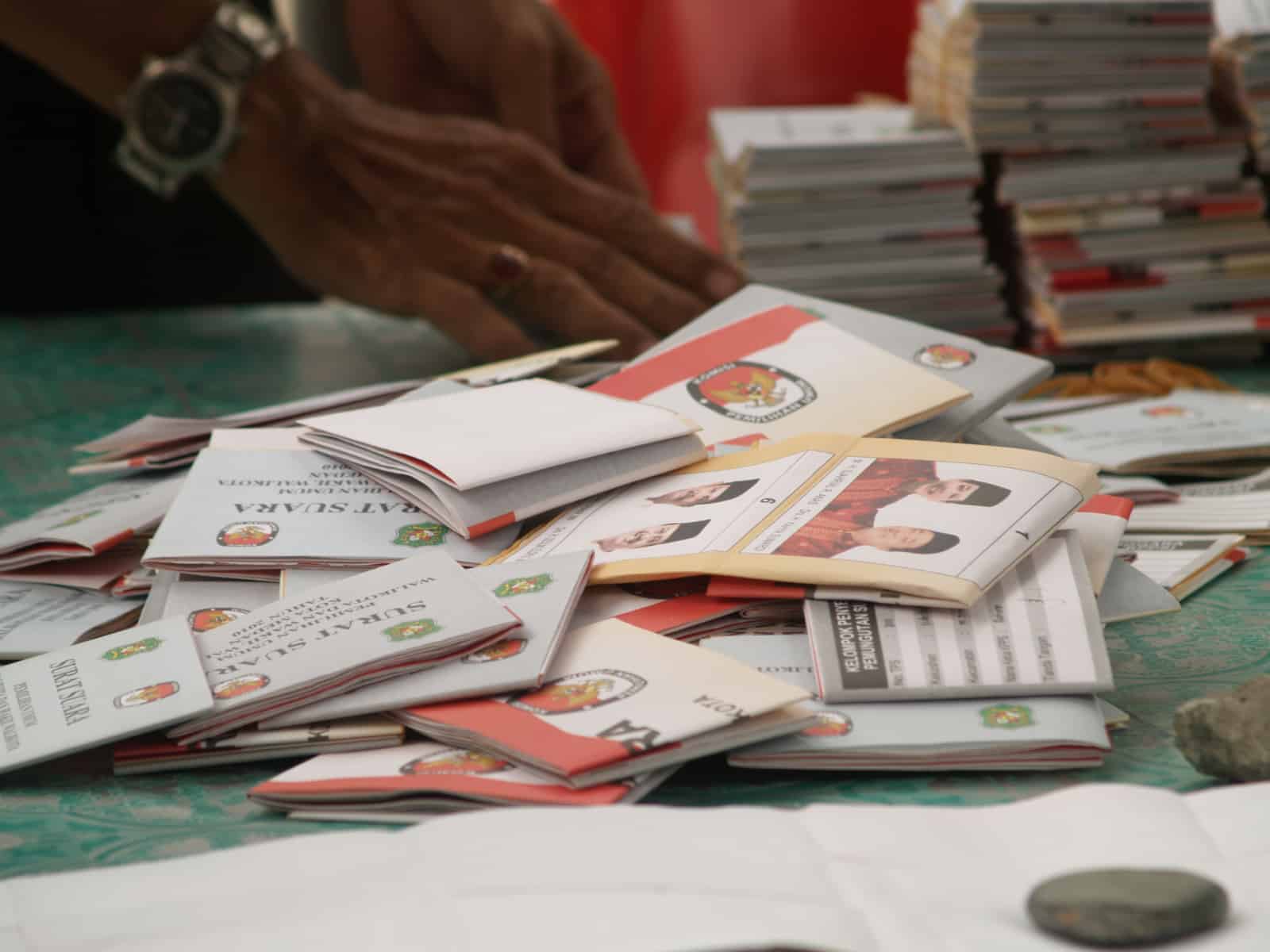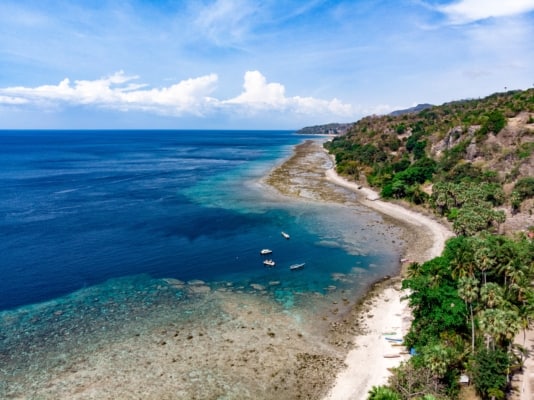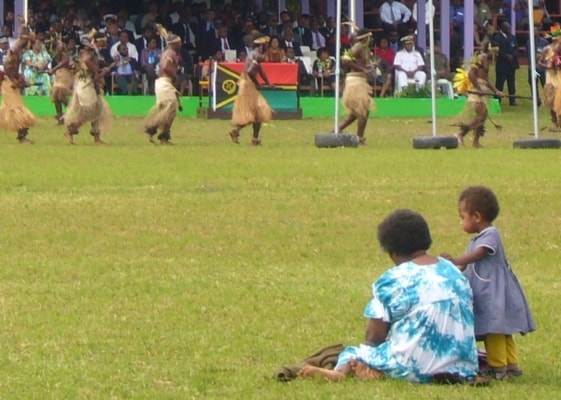How can women from non-elite backgrounds be supported to contest elections? Some of the DLP researchers currently exploring this question have a new journal article out that contributes to the literature on money and women’s political representation. Keep reading for insights from their research in North Sumatera, Indonesia.
The cost of competing in elections is a problem for women’s political underrepresentation globally. Strategies to address this issue have tended to focus on increasing women’s campaign funds or lowering formal costs such as nomination fees. However, in contexts such as Indonesia, where elections are very expensive due to illegal practices including the exchange of money or other material benefits for political support, such strategies are inappropriate and ineffective.
In Indonesia, contesting an election is out of reach of most people due to high costs. Some of these costs are formal but there are many informal costs, too. The exchange of money or gifts in Indonesia is often understood as an act of care and attention or a distribution of resources to particular groups. Cash gifts can be a token of a candidate’s connection to and support of a community, or a substitute, depending on their track-record of community support and action. It is within this context that money is cited as the most important barrier to women’s political representation in Indonesia. Following Indonesia’s 2019 elections, women lamented that the only thing that mattered was: Isi ni tas? – how much money is in your bag?
Money is needed to win elections, but money politics is only one strategy
Results from a series of interviews and focus group discussions we conducted in Medan, Northern Sumatera, suggests there are strategies that candidates can use to lower the costs of elections and make it feasible for women to contest, and win:
- Invest time to establish a track record of service in order to launch a political career later in life.
- Capitalise on work already being done within the community to re-orient it to get votes.
- Demonstrate attentiveness to the public through, for example, social media and organising events that help you to meet them at their level.
- Tap into faith-based principles and religious networks.
- Build committed networks of people who will volunteer their time during election.
Money politics is not a guaranteed winning election strategy, but as long as the perception that money is an insurmountable barrier to participation in elections continues, many candidates, particularly women, will consider putting themselves forward as too much of a gamble. When these candidates do not step forward, privileged men and money politics continue to dominate, and the perception is reinforced.
Considerations for supporting women’s political representation in Indonesia
Our research indicates possibilities for lowering the cost of election campaigns and suggests that initiatives to support women’s political representation in Indonesia and other transactional democracies may be more effective if they focus attention on helping potential candidates to sow the seeds for their work in community action, mobilise supporters and volunteers and, importantly, promote narratives that role model women who have won elections using alternative strategies to money politics.
Is money an insurmountable barrier to women’s political representation in transaction democracies? Evidence from North Sumatera, Indonesia by Aida Fitria Harahap, Tanya Jakimow, Asima Yanty Siahaan and Yumasdaleni is available in Politics, Groups and Identities [£ / academic institutional access required]
Learn more about other findings from the research teams in Indonesia and in Sri Lanka.











